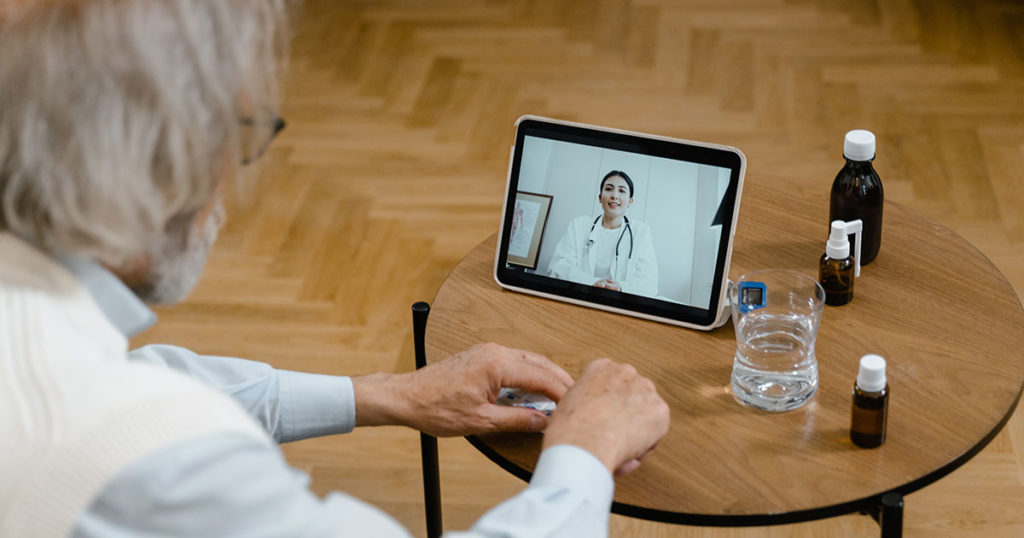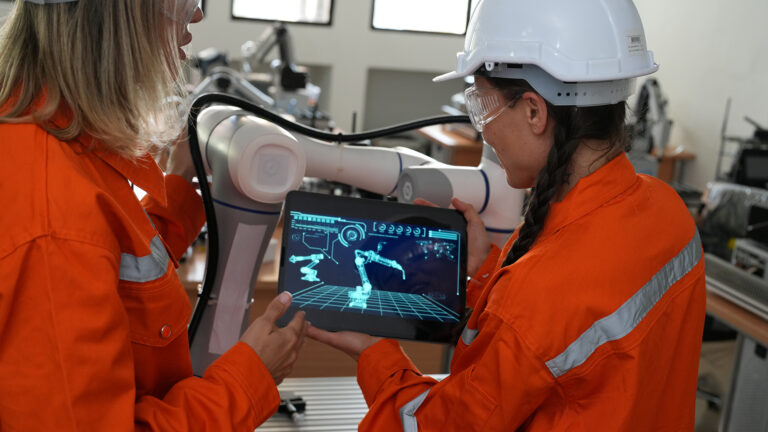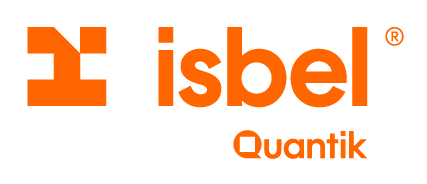Since the advent of the coronavirus, telemedicine has been gaining ground. Faced with the impossibility of carrying out face-to-face activities, some medical areas opted to attend patients remotely.
Under this premise, Isbel allied with the telemedicine platform Doctari to take a step further in improving the offer. "This agreement gives us more strength to continue to meet all the demand that has arisen in recent months," said Doctari co-founder Amilcar Perea.

The virtual medicine revolution
Doctari is a robust platform specialised in telemedicine that enables remote medical video-consultations to be carried out quickly, directly and securely between patient and doctor, as well as between doctor and doctor (inter-consultation), video-monitoring for chronic patients, support for home hospitalisations and video-coordination for patient transfers. This specialised platform also has the capacity to generate an agenda, electronic medical history, payment system and prescription issuing, among others.
Among its main success stories, in Argentina Grupo Basa incorporated Doctari to provide a service to its 800,000 members, while in Uruguay this technology was adopted by Casmu to attend to its more than 200,000 members. In this way, Doctari enables telemedicine for more than 1,000,000 patients, and integrates with the different existing systems in medical institutions.
This alliance between Doctari and Isbel also aims to enhance service channels by integrating new forms of access for users such as chatbots with WhatsApp or contact centre systems, as well as accelerating the integration of new functionalities through artificial intelligence and the internet of things (IoT) to enhance both remote assistance and monitoring, as well as the automation of preventive actions and procedures.
In addition, the agreement aims to strengthen the adoption of this type of tools within the healthcare sector, both in Uruguay and Latin America. The scope includes joining commercial and technological efforts to provide providers and medical institutions with secure, multi-channel solutions with the necessary integrations.
Transparency and information: the keys
Our technology will allow Doctari users to upload their health status information in real time. It will also improve the agility of consultations in relation to the accessibility of the application.
"The idea is to take care of non-urgent situations in a different way. You're not going to use Doctari if you're having a cardiac arrest," said Mauricio Pargman, Sales Manager at Isbel. This will allow the doctor to have a clearer picture of how his patients are doing and through Doctari he will be able to schedule a face-to-face consultation.
Many people tell us that telemedicine could be developed using Zoom or a WhatsApp video call and that it would be the same. But the big difference is the information that is accumulated and can then be consulted by the doctor or the patient. "It is a gain in transparency, because those involved can access the information generated," said Pargman.
Perea also believes that those who decide to opt for telemedicine will have access to a complete and dynamic service. "The technology provided by Isbel makes it easier for the end client to have better usability," he said.
Throughout the country
The alliance responds to the need to grow the sector in Uruguay. According to the co-founder, they have seen the potential of telemedicine in Uruguay for some time now, and this has prompted them to catch up with international trends.
This is a long-term commitment, as Doctari believes that this demand will be sustained over time and will complement face-to-face care models. "For that we need to have a comprehensive service, which is not merely technological and goes far beyond the pandemic," Perea added.
For both Doctari and Isbel, this is an opportunity to reach out to more medical institutions across the country, beyond the capital of Uruguay. "The idea is that everyone can opt for this modality. That's why we are also opening up the game for doctors, through their private clinics, to join our client portfolio," the co-founder emphasised.
Similarly, Perea commented that face-to-face attention is still very important, but said that there are some activities or consultations that can be done remotely.
A bet on the future
On the understanding that demand will be sustained over time, devices will be implemented to provide real-time data on patients who are hospitalised at home. "Temperature and blood pressure will be reported, and there will also be alerts so that the doctor can see the variations in this data," our Sales Manager said.
Like Perea, he said that the idea is for it to work as a complement so that the doctor has more and better elements with which to make decisions. In addition, they agreed that this tool will help preserve the health of professionals and prevent contagions that can occur in routine consultations.
"This agreement with Isbel is a very important milestone for Doctari, and it raises great expectations for us," said Dr Roberto Canessa, partner and co-founder of Doctari. "Our goal is to rapidly expand this platform to link many more doctors with patients, and we are very confident that this strategic alliance will push us in that direction," he added.
"It is a pleasure to combine our expertise in communications technologies with innovative solutions of Doctari's potential. We are in a very particular time for medicine where technology is playing an increasingly important role. Tools like this provide agility and efficiency for both patients and specialists," said Rafael Staricco, our CEO.
Original article published in El Observador.



